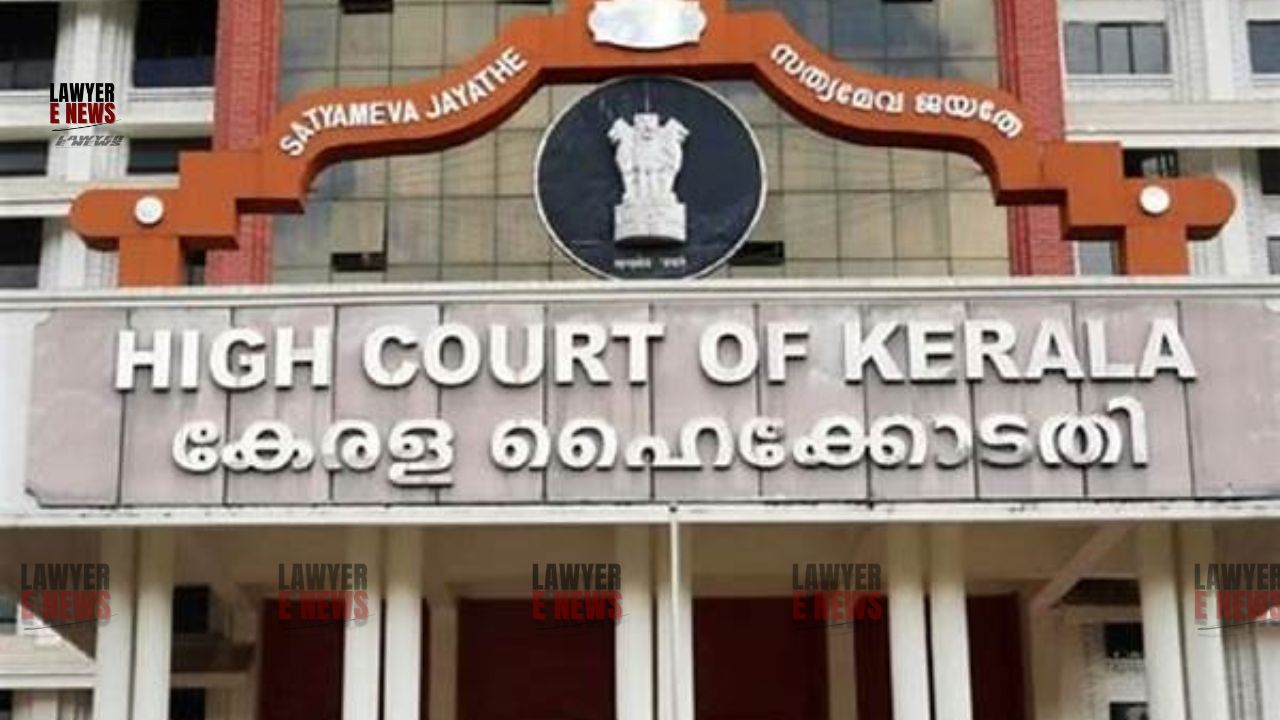-
by Admin
15 February 2026 5:35 AM



Kerala High Court, comprising Justice Anil K. Narendran and Justice P.G. Ajithkumar, delivered a ruling in the case of Arun R.S. v. Union of India & Ors. (O.P.(CAT) No. 75 of 2024). The court set aside the Central Administrative Tribunal's order denying the extension of inter-cadre deputation for Indian Forest Service officer Arun R.S. and directed the Appointment Committee of the Cabinet to reconsider his request. The court emphasized that the officer's personal difficulties, which formed the basis of his initial deputation, warranted a thorough re-evaluation for an extension.
Arun R.S., an Indian Forest Service officer from the Manipur Cadre, was on inter-cadre deputation to Kerala since June 26, 2020, on personal grounds, including his father's health issues and his family's location in Kerala. His deputation was set to expire on June 26, 2023, and he applied for an extension for two more years. Both the State of Kerala and the State of Manipur provided no-objection certificates for the extension. However, the Government of India rejected his request, citing a lack of cogent reasons and a delay in the application.
Arun R.S. challenged the rejection before the Central Administrative Tribunal, Ernakulam Bench, which dismissed his application on April 12, 2024. Aggrieved by the tribunal's decision, he approached the Kerala High Court under Article 227 of the Constitution.
The key legal issues revolved around whether the officer's request for extension was submitted within the prescribed time, and whether the rejection of the extension was justified considering the guidelines for inter-cadre deputation.
Timely Submission of Extension Request: The court examined the timeline of Arun R.S.'s extension application and the no-objection certificates from the States of Kerala and Manipur. It concurred with the tribunal's finding that the application was submitted within the prescribed time frame, dismissing the Government of India's claim of a delay.
Personal Difficulties as Grounds for Extension: The court scrutinized the guidelines governing inter-cadre deputations, specifically clauses (c) and (d), which allow extensions based on personal difficulties. It noted that the officer's initial deputation was granted due to personal hardships, including caring for his ailing father and the fact that his wife and children were in Kerala. The court observed that these circumstances continued to persist, if not worsen, necessitating a reconsideration of the extension request.
The Kerala High Court found that the Central Administrative Tribunal had erred in not considering the ongoing personal difficulties faced by the petitioner. The court held that the competent authority should have given proper consideration to these circumstances when deciding on the extension request.
The court set aside the tribunal's order and the subsequent rejection by the Government of India, directing the respondents to place the matter before the Appointment Committee of the Cabinet for a fresh decision. The court emphasized that until a decision is made, the officer should be allowed to continue his deputation in Kerala.
Justice P.G. Ajithkumar stated, "In our view, the whole matter needs reconsideration by the competent authority in order to decide afresh whether the petitioner is entitled to get an extension of deputation for a further period of two years with effect from 26.06.2023".
The Kerala High Court's decision underscores the importance of considering personal difficulties in matters of inter-cadre deputation. By ordering a re-evaluation of the officer's extension request, the court has highlighted the need for a compassionate approach in administrative decisions affecting personal and family circumstances.
Date of Decision: September 12, 2024
Arun R.S. v. Union of India & Ors.
